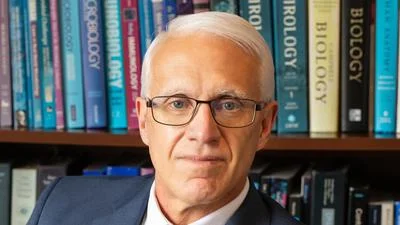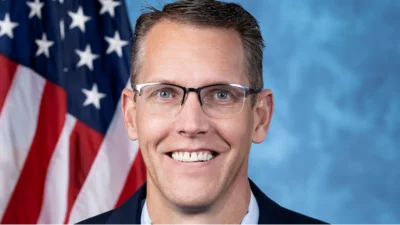Rep. Randy Feenstra, U.S. Representative for Iowa's 4th District | Twitter Website
Rep. Randy Feenstra, U.S. Representative for Iowa's 4th District | Twitter Website
U.S. Representatives Randy Feenstra and Darin LaHood have introduced the Affordable Housing Credit Improvement Act, targeting the development of affordable housing in rural communities and across the nation. The legislation is supported by over 100 original cosponsors in the House of Representatives.
Rep. Randy Feenstra from Iowa emphasized the significance of affordable housing in rural regions for young families, local businesses, and the broader economic growth. "In rural Iowa, access to affordable housing is critical for young families looking to plant their roots, local businesses attracting employees, and the long-term growth of our economy," he stated. He also mentioned the challenges of rising housing costs and the financing of construction projects, expressing his commitment to expanding affordable housing options through tax code incentives.
Rep. Darin LaHood from Illinois expressed concerns shared during his interactions within the 16th Congressional District regarding affordable housing shortages. "To address this growing crisis across the country, Congress must strengthen tools to drive investment into affordable workforce housing and expand housing options for hardworking families nationwide," LaHood said. He hailed the bipartisan effort, which includes Representatives DelBene, Tenney, Beyer, Feenstra, and Panetta, to fortify economic development and community strength.
The Housing Credit initiative, since its inception, has contributed to building or restoring over 3.5 million affordable housing units, accounting for almost 90% of federally funded affordable housing. It has supported 5.5 million jobs and generated more than $617 billion in wages.
The new act aims to finance nearly two million new affordable homes by increasing state-allocated credits by 50% over two years and making a prior 12.5% increase permanent. It also aims to stabilize financing for workforce housing projects with private activity bonds, allowing more projects to secure necessary funding. Furthermore, the act seeks to improve the program for at-risk and underserved communities, including veterans, victims of domestic violence, and rural Americans.





 Alerts Sign-up
Alerts Sign-up